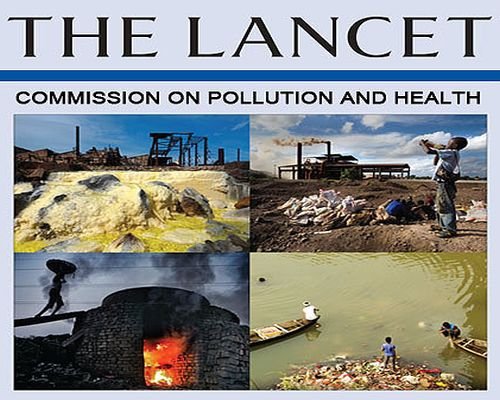According to The Lancet Commission on Pollution and Health, pollution caused nine million deaths in 2015 – three times more than AIDS, tuberculosis and malaria combined – scientists said on Thursday, calling for governments in poor countries to act.
India fared worst, with 2.5 million people dying early because of pollution, followed by China with 1.8 million deaths.
People in poorer countries – like construction workers in New Delhi – are more exposed to air pollution and less able to protect themselves from exposure, as they walk, bike or ride the bus to workplaces that may also be polluted.
Exposure to high levels of air pollution, especially over many years, can affect human respiratory and inflammatory systems, and can lead to heart disease, stoke and lung cancer. Rapidly industrialising nations are worst affected and regulation could help to protect health as they develop.
Key findings of the Report were-
- Air pollution is the biggest contributor, linked to 6.5 million deaths in 2015, while water pollution (1.8 million deaths) and workplace-related pollution (0.8 million deaths) pose the next largest risks.
- Almost all pollution-related deaths (92%) occur in low- and middle-income countries, and in rapidly industrialising countries (such as India, Pakistan, China, Bangladesh, Madagascar and Kenya), deaths due to pollution can account for up to one in four deaths.
- With many emerging chemical pollutants still to be identified, these figures are likely to underestimate the true burden of pollution-related disease and death.
Reference- Economic Times, The Lancet Commission on Pollution and Health






